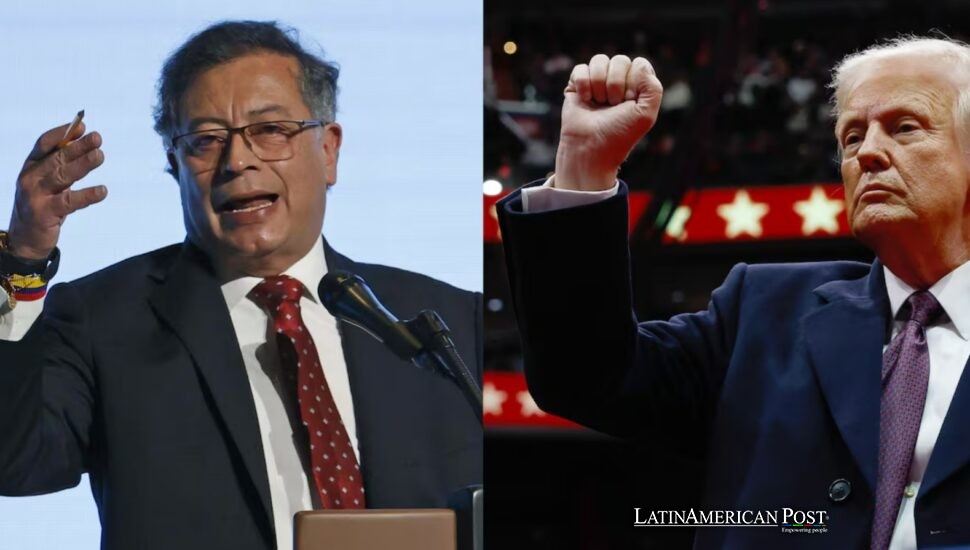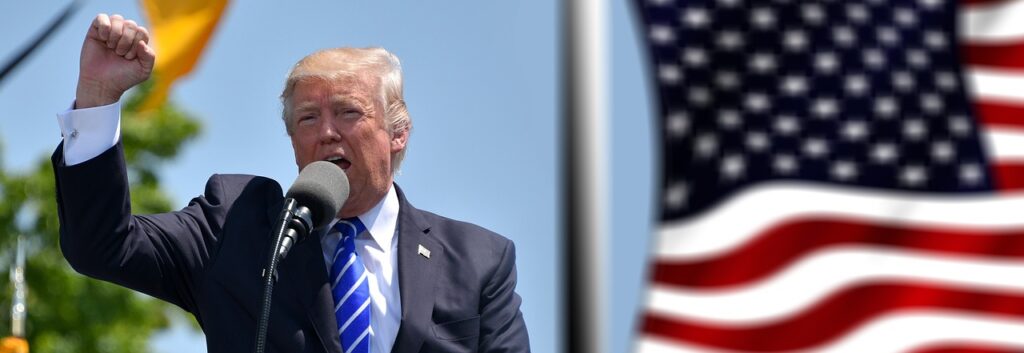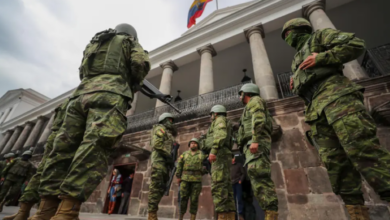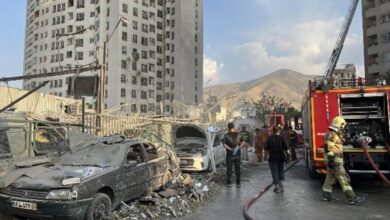U.S.– Colombia Showdown: Petro, Trump, and the High‑Risk Politics of Bravado

Donald Trump’s taunts and Gustavo Petro’s swagger have turned a vital U.S.–Colombia partnership into a spectacle with stakes far beyond social media. As accusations fly and warships prowl, Colombians confront a perilous question: who actually benefits when bluster hardens into policy?
A War of Words with Live Ammunition
When Donald Trump branded Colombia’s president, Gustavo Petro, an “illegal drug leader,” Colombians didn’t need a history lesson to feel the chill. The last time Trump hurled that kind of charge at a head of state, it was Venezuela’s Nicolás Maduro—and U.S. ships soon idled off Venezuela’s coast while boats were blown out of the water. On Capitol Hill, Republicans now speak of conflict with Caracas as if it were a calendar item; Senator Lindsey Graham has even mused about “future potential military operations against Venezuela and Colombia.” The membrane between rhetoric and action feels thinner by the week.
Petro’s first response hardly radiated alarm. In a sweeping Univision interview, he dwelt on a social snub (no opera invitation) and mused about machismo more than he worked to defuse a diplomatic grenade. Then he stepped toward provocation—suggesting David could beat Goliath and saying of Trump that if he wouldn’t leave “by choice,” he “should be ousted.” As The Atlantic reported, the exchange left the interviewer stunned—not least because Latin America is used to receiving regime‑change threats, not issuing them.
Meanwhile, U.S. strikes on suspected drug boats have crept from Venezuela’s Caribbean approaches to Colombia’s Pacific—without public proof that the targets carried cocaine. Trump’s Treasury then placed Petro and associates on its “specially designated nationals” list, the registry that typically holds terrorists, traffickers, and kleptocrats. The accusation is explosive, the evidence opaque, and the fallout immediate: protests outside the U.S. embassy in Bogotá, and a two‑century alliance lurching from friction to fracture.
Petro’s Theater, Trump’s Playbook
To Colombians, Petro’s theatrical defiance is familiar. A former guerrilla, he has a knack for casting adversaries and converting their attacks into political oxygen. “Petro believes in his heart that he can be the face of an international anti‑Trump coalition,” retired U.S. diplomat John Feeley told The Atlantic, noting the president’s hunger for a legacy that outgrows domestic reform. Journalist Edgar Quintero offered the blunter cut: “Petro is skilled at finding enemies who victimize him. Now he’s found the most powerful and important one, which is the president of the United States,” he told The Atlantic. Petro once turned an attempted removal as Bogotá’s mayor into a springboard. He appears to be reaching for the same alchemy now.
Trump, for his part, is replaying a well‑worn script: moral absolutes, maximal pressure, and spectacle in place of strategy. Colombian officials told The Atlantic that early efforts to engage senior U.S. figures—particularly in Senator Marco Rubio’s orbit—went nowhere unless Bogotá worked the Miami right‑wing circuit. When Petro blocked two deportation flights, the White House rattled the tariff saber, and Petro relented. The relationship never really recovered. Petro’s megaphone moment outside the U.N.—urging U.S. soldiers to “disobey” Trump—virtually guaranteed a counterpunch. It arrived.
The incentives on both sides now point in one direction: escalation. Petro’s standing at home can rise when he defies Washington. Trump’s brand thrives on visible enemies and onstage displays of force. What plays well on television can punish people far from the stage.

An Alliance on Edge and the Bill to Come
Colombia’s modern transformation—fragile, unfinished, but undeniable—has been built on pragmatic cooperation with Washington across security, trade, and migration. That scaffolding is creaking. The United States has decertified Colombia as a “drug control partner,” cutting off intelligence that Colombian forces have long used to dismantle labs and extradite traffickers—operations Petro continued even as he rethought eradication tactics. As The Atlantic notes, yanking intel aid is almost sure to push more cocaine north than sinking a handful of boats will stop. Warships and “considering options” are not a strategy.
The economic risks are just as stark. “Very, very close, intimate,” is how Bruce Mac Master, head of Colombia’s National Business Association, described ties with the U.S. to The Atlantic. America buys roughly a third of Colombia’s exports; tariffs would land like a body blow just as growth cools and debt costs bite. Mac Master was packing for Washington with a delegation of business leaders to plead for sanity—an extraordinary tableau for a relationship that, until recently, ran on bipartisan autopilot.
Reputation, the hardest currency to earn and the easiest to squander, is also on the line. For three decades, Colombians have worked to replace the Escobar caricature with Cartagena sunsets and Medellín innovation. They’ve largely succeeded. Now that work is hostage to a shouting match. The right blames Petro for baiting Trump and flirting with Maduro; Petro’s supporters say that insulting an elected president demands national solidarity. Either way, the images are terrible—and the timing worse with the 2026 campaign already glimmering on the horizon.
How to Step Back from the Brink
This crisis can still end in recalibration rather than rupture. That requires each president to do something counterintuitive.
Petro must separate posture from policy. He can defend Colombia’s dignity without daring the United States to try to humiliate him. He can argue—credibly—that the drug war has failed while tightening cooperation where it works: tracking money, dismantling supply chains, hunting the logistics that make coca profitable. He can be the first Colombian leader to challenge U.S. orthodoxy without becoming the first to squander the alliance that gives Colombia leverage in the first place. Above all, he can remember—by conduct if not words—what he has told The Atlantic: negotiations beat crusades, and bravado is a poor substitute for statecraft.
Trump, meanwhile, could rediscover the difference between pressure and punishment. Sanctioning Colombia’s sitting president and severing intelligence flows looks tough. Still, it functions as self‑harm: more cocaine on U.S. streets, weaker partners, a louder regional chorus ready to rally against Washington. If the goal is fewer drugs, restore the intel pipeline. If the goal is fewer boats, work with Colombia’s navy rather than around it. If the goal is political theater, admit the audience most likely to suffer sits in Tumaco, Buenaventura, and the Bronx—not in Mar‑a‑Lago.
Two truths should guide both capitals. Deterrence without clarity breeds miscalculation. And dignity matters on both sides of the equator. Colombians will not accept a return to the era when Washington treated their country as a laboratory and their leaders as subcontractors. Americans deserve a hemispheric policy that aims beyond the next cable hit.
Petro is not a drug lord. Colombia is not a narco‑state. The U.S.–Colombia partnership is not a disposable prop. The sooner both leaders treat those lines as inviolable, the sooner the headlines can shift from spectacle to substance—and the safer both nations will be.
Also Read: Venezuela on Edge: Warships, Empty Wallets, and a Nation Running on Nerves





